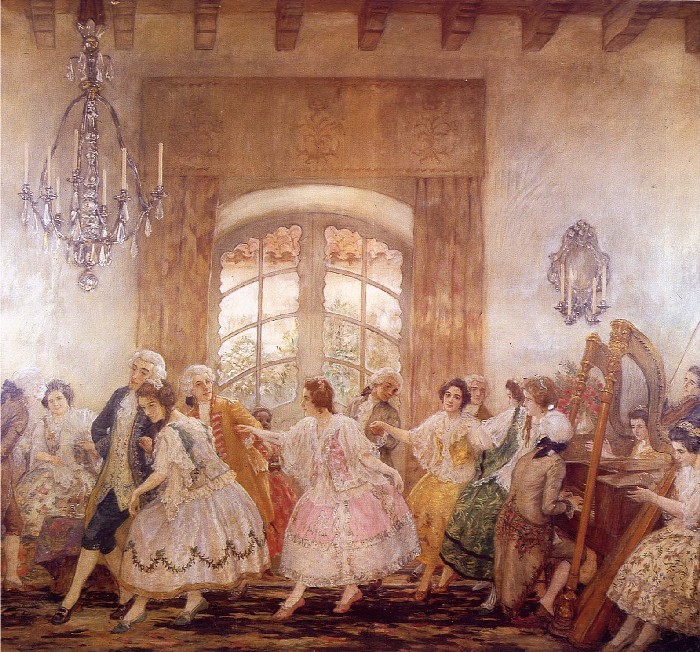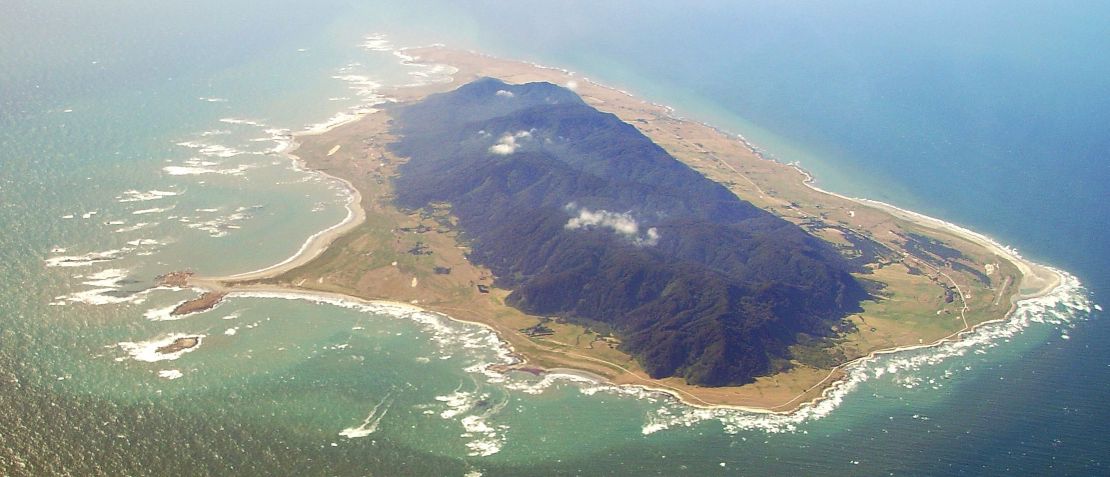|
Comisario De Naciones
In colonial and early republican Chile comisario de naciones was a government official that mediated between indigenous and the Spanish Crown, later authorities of the Republic of Chile replaced the Spanish in the mediation chain. The comisario de naciones would hear the concerns of local caciques and bring the issues to relevant authorities. Each comisario de naciones was charged with the oversight of various capitanes de amigos. Invitations to the parliaments held between the Governor of Chile and indigenous authorities were granted by comisarios de naciones. In the mid-19th century the functions of the comisario de naciones begun to be overtaken by ordinary judges. This put Huilliche of Futahuillimapu Futahuillimapu or Fütawillimapu is a traditional territory of the Huilliche people. Futahuillimapu spans the land between Bueno River and Reloncaví Sound. Futahuillimapu means "great land of the south." Back in the 18th century when this territ ... in great disadvantage as th ... [...More Info...] [...Related Items...] OR: [Wikipedia] [Google] [Baidu] |
Colonial Chile
In Chilean historiography, Colonial Chile ( es, link=no, La colonia) is the period from 1600 to 1810, beginning with the Destruction of the Seven Cities and ending with the onset of the Chilean War of Independence. During this time, the Chilean heartland was ruled by Captaincy General of Chile. The period was characterized by a lengthy conflict between Spaniards and native Mapuches known as the Arauco War. Colonial society was divided in distinct groups including Peninsulars, Criollos, Mestizos, Indians and Black people. Relative to other Spanish colonies, Chile was a "poor and dangerous" place. Society Societal groups The Chilean colonial society was based on a caste system. Local of criollos (American born Spaniards) enjoyed privileges such as the ownership of encomiendas (Indian labour jurisdictions). Moreover, they were allowed to access some public charges like corregidor or alférez. Mestizos initially made up a small group. In time, they made up the bulk of Chilean ... [...More Info...] [...Related Items...] OR: [Wikipedia] [Google] [Baidu] |
German Colonization Of Valdivia, Osorno And Llanquihue
From 1850 to 1875, some 6,000 German immigrants settled in the region around Valdivia, Osorno and Llanquihue in Southern Chile as part of a state-led colonization scheme. Some of these immigrants had left Europe in the aftermath of the German revolutions of 1848–49. They brought skills and assets as artisans, farmers and merchants to Chile, contributing to the nascent country's economic and industrial development. The German colonization of Valdivia, Osorno and Llanquihue is considered the first of three waves of German settlement in Chile, the second lasting from 1882 to 1914 and the third from 1918 onward. Settlement by ethnic Germans has had a long-lasting influence on the society, economy and geography of Chile in general and Southern Chile in particular. History Early colonization Beginning in 1842, German expatriate Bernhard Eunom Philippi sent a proposal for German colonization of Southern Chile to the Chilean government; he presented a second colonization scheme in 1844 ... [...More Info...] [...Related Items...] OR: [Wikipedia] [Google] [Baidu] |
Diplomats By Role
A diplomat (from grc, δίπλωμα; romanized ''diploma'') is a person appointed by a state or an intergovernmental institution such as the United Nations or the European Union to conduct diplomacy with one or more other states or international organizations. The main functions of diplomats are: representation and protection of the interests and nationals of the sending state; initiation and facilitation of strategic agreements; treaties and conventions; promotion of information; trade and commerce; technology; and friendly relations. Seasoned diplomats of international repute are used in international organizations (for example, the United Nations, the world's largest diplomatic forum) as well as multinational companies for their experience in management and negotiating skills. Diplomats are members of foreign services and diplomatic corps of various nations of the world. The sending state is required to get the consent of the receiving state for a person proposed to serve ... [...More Info...] [...Related Items...] OR: [Wikipedia] [Google] [Baidu] |
Mapuche History
As an archaeological culture, the Mapuche people of southern Chile and Argentina have a long history which dates back to 600–500 BC. The Mapuche society underwent great transformations after Spanish contact in the mid–16th century. These changes included the adoption of Old World crops and animals and the onset of a rich Spanish–Mapuche trade in La Frontera and Valdivia. Despite these contacts Mapuche were never completely subjugated by the Spanish Empire. Between the 18th and 19th century Mapuche culture and people spread eastwards into the Pampas and the Patagonian plains. This vast new territory allowed Mapuche groups to control a substantial part of the salt and cattle trade in the Southern Cone. Between 1861 and 1883 the Republic of Chile conducted a series of campaigns that ended Mapuche independence causing the death of thousands of Mapuche through combat, pillaging, starvation and smallpox epidemics. Argentina conducted similar campaigns on the eastern side of the ... [...More Info...] [...Related Items...] OR: [Wikipedia] [Google] [Baidu] |



